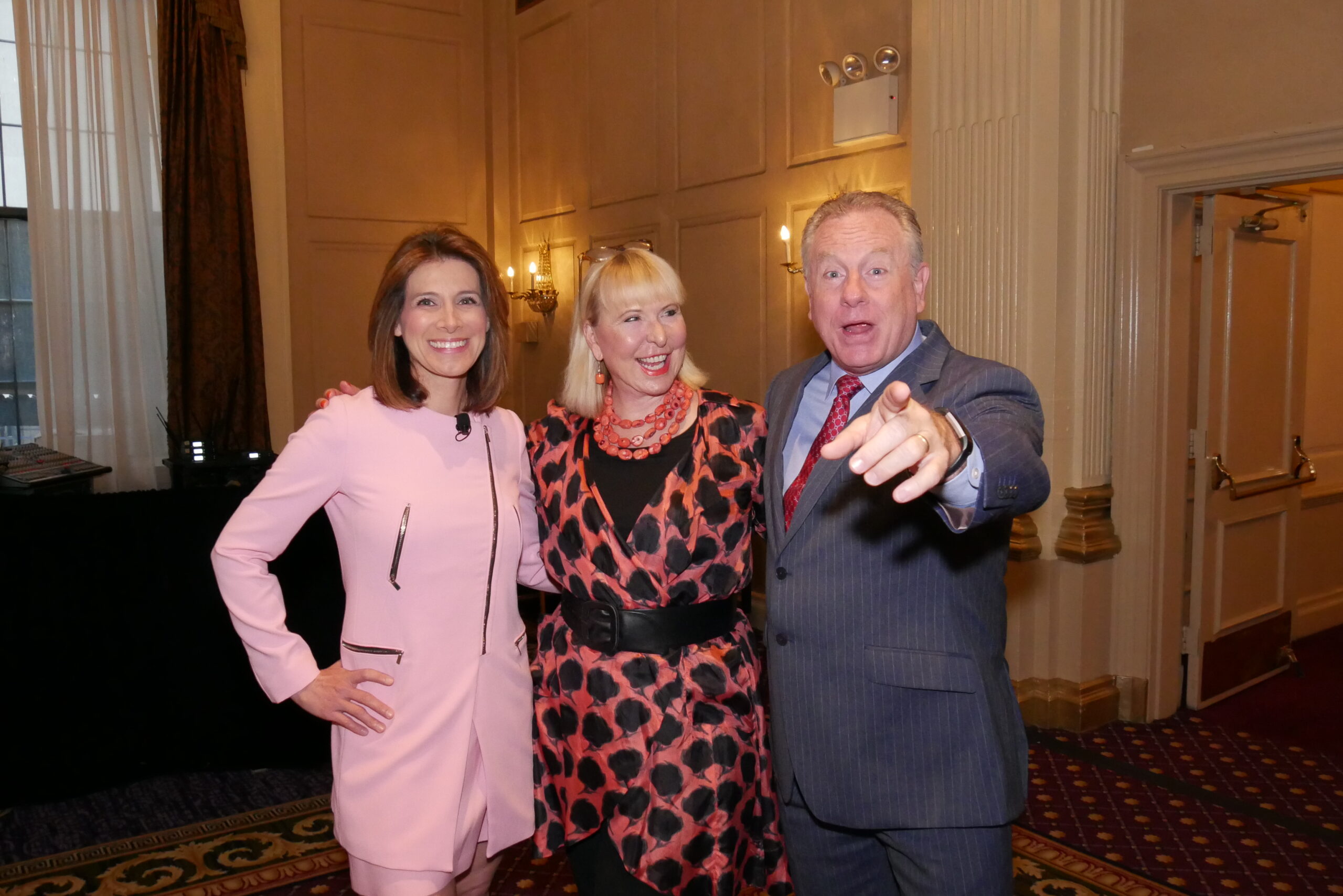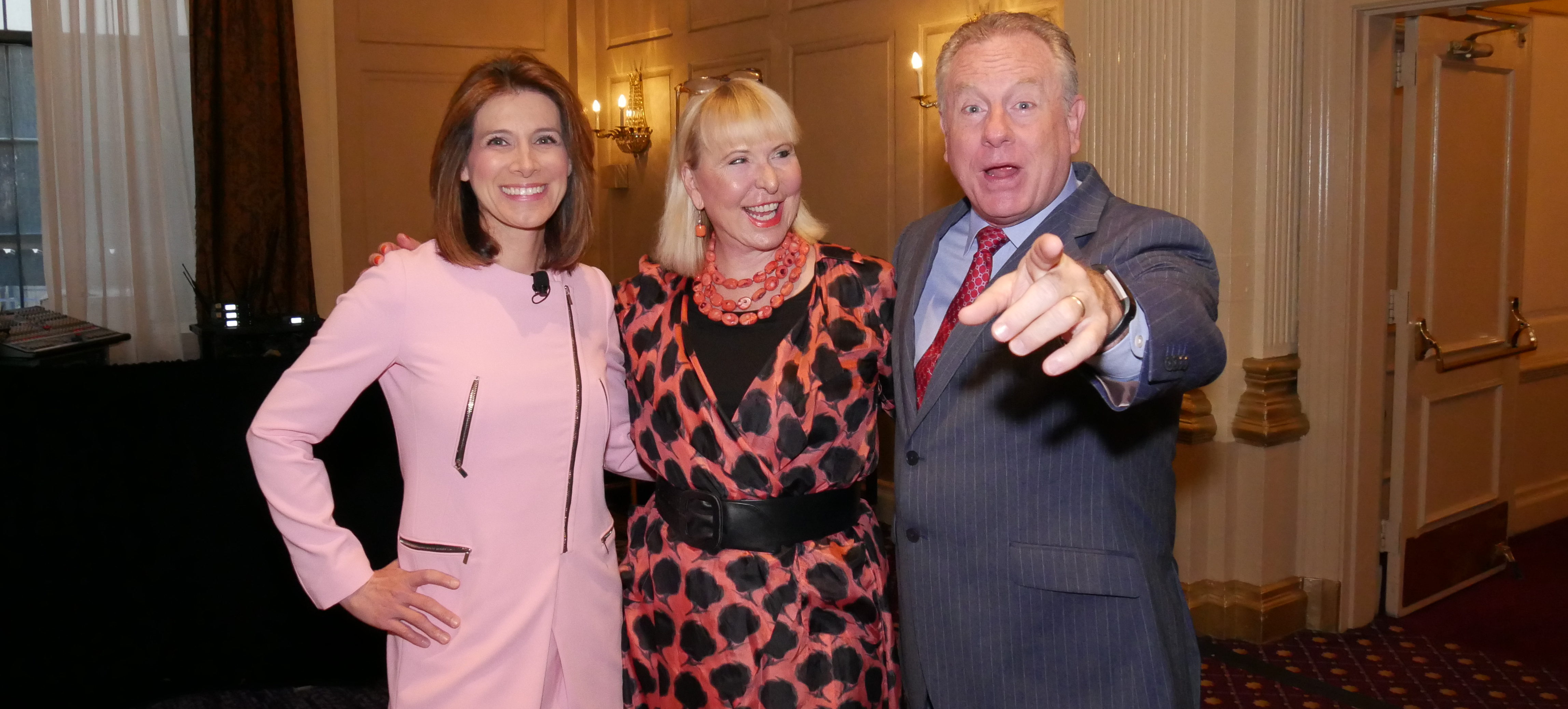
Did you know that body language accounts for more than 60 percent of communication? You may have the “gift of gab,” but if the movements of your body don’t match your words, then the gab is meaningless.
This is the message Blanca Cobb, MS Psy, body language expert, told attendees during her keynote at Smart Meetings’ Northeast event, held at The Roosevelt Hotel in Manhattan, New York, on July 11.
Attendees shuffled in their seats and checked their posture as Cobb talked about the importance of body language in daily life. According to her, people create their perception of you—whether they like you, trust you or want to go into business with you—within the first seven seconds of meeting you and it becomes difficult to shake that perception thereafter. “They’re perception of you becomes their reality of you,” she continued. Talk about pressure.
While the entire keynote was noteworthy, we’ve condensed it here for quick digestion.
It’s All Over Your Face
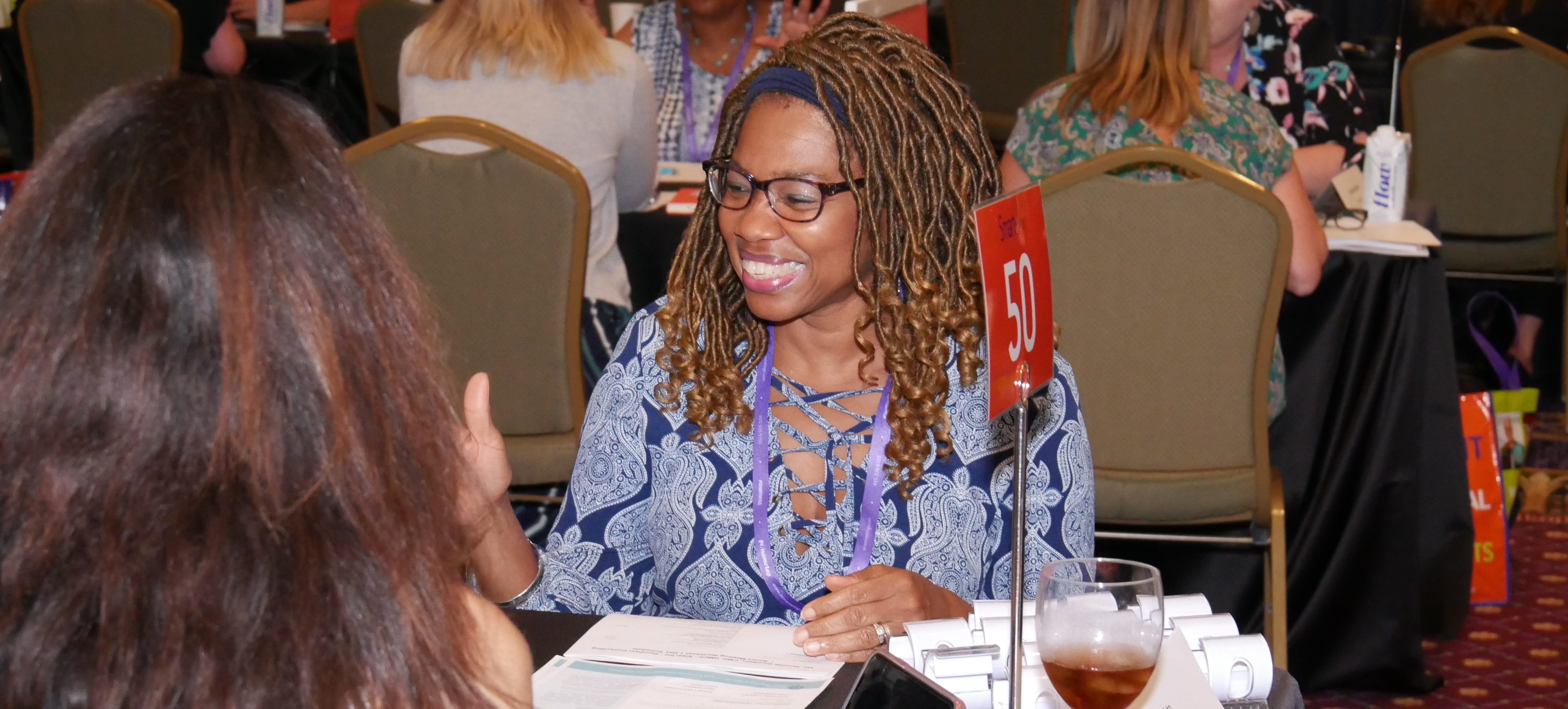
Facial expressions aren’t just about a smile (or lack thereof). A person’s feeling about the conversation can be read in the way they move their eyebrows, their cheeks, whether they’re blushing. These things are an indication of what’s driving that person in the conversation.
Fact or Fiction
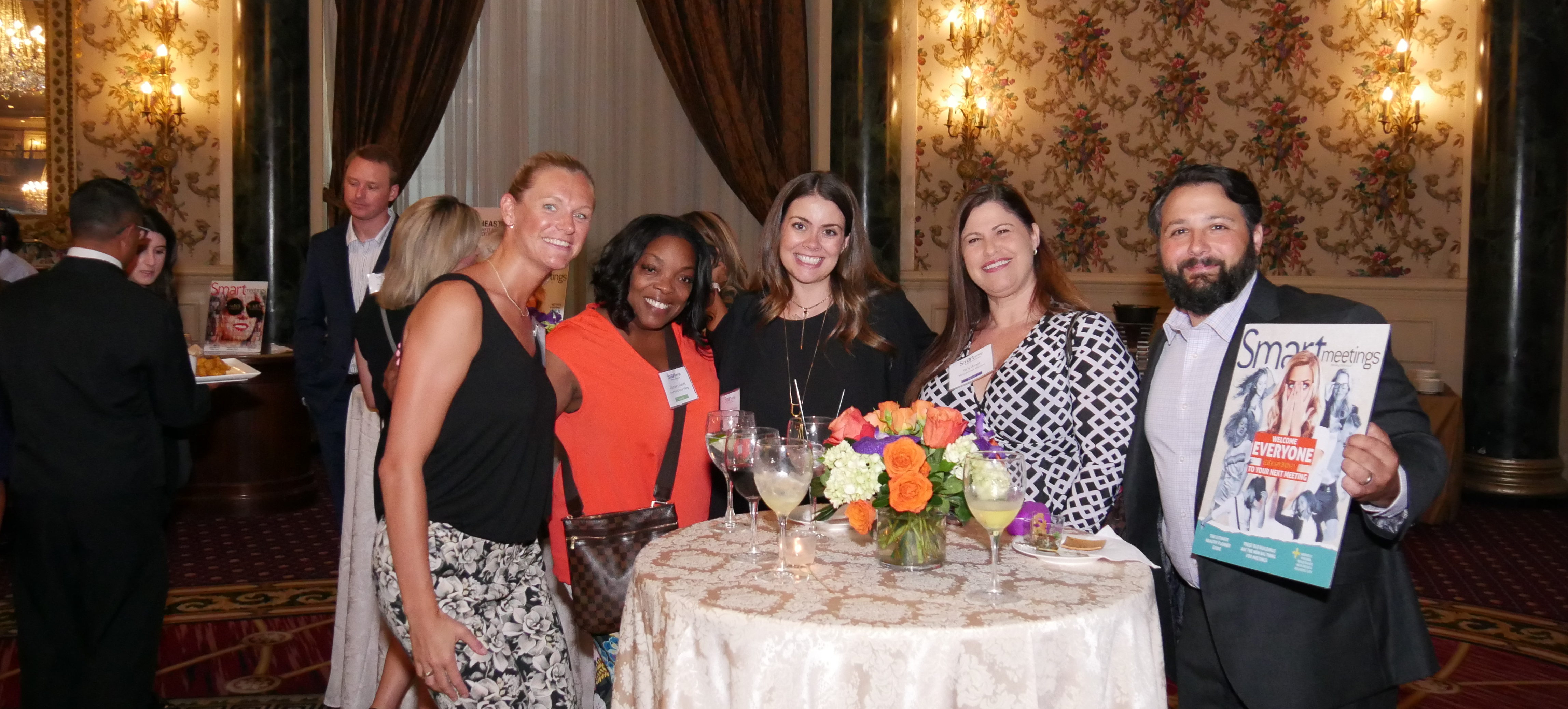
When reading body language, it’s about context, Cobb said. She mentioned crossed arms, which is often misconstrued as meaning something other than what it is.
“What have you heard about crossed arms in body language?” Cobb asked her audience. “Unapproachable,” “closed off” and “angry” were a few answers from the crowd. Cobb responded that it depends how well you know the person to whom you’re speaking. When meeting someone new, it’s best not to cross your arms to avoid the misperception of being rigid; if you’re meeting with someone familiar, the issue of arms crossing doesn’t matter much.
Another common misconception is not looking a person in the eyes as you speak to them must mean you’re lying. This isn’t the case. In a meta-analysis—a compilation of multiple studies—that Cobb referenced, it was found that the break of eye contact has no causation (i.e. the eye-contact breaker probably isn’t lying.)
Through the research, it was concluded that if you were to associate the break of eye contact with lying, you’d be wrong 90 percent of the time.
The Protection Zones
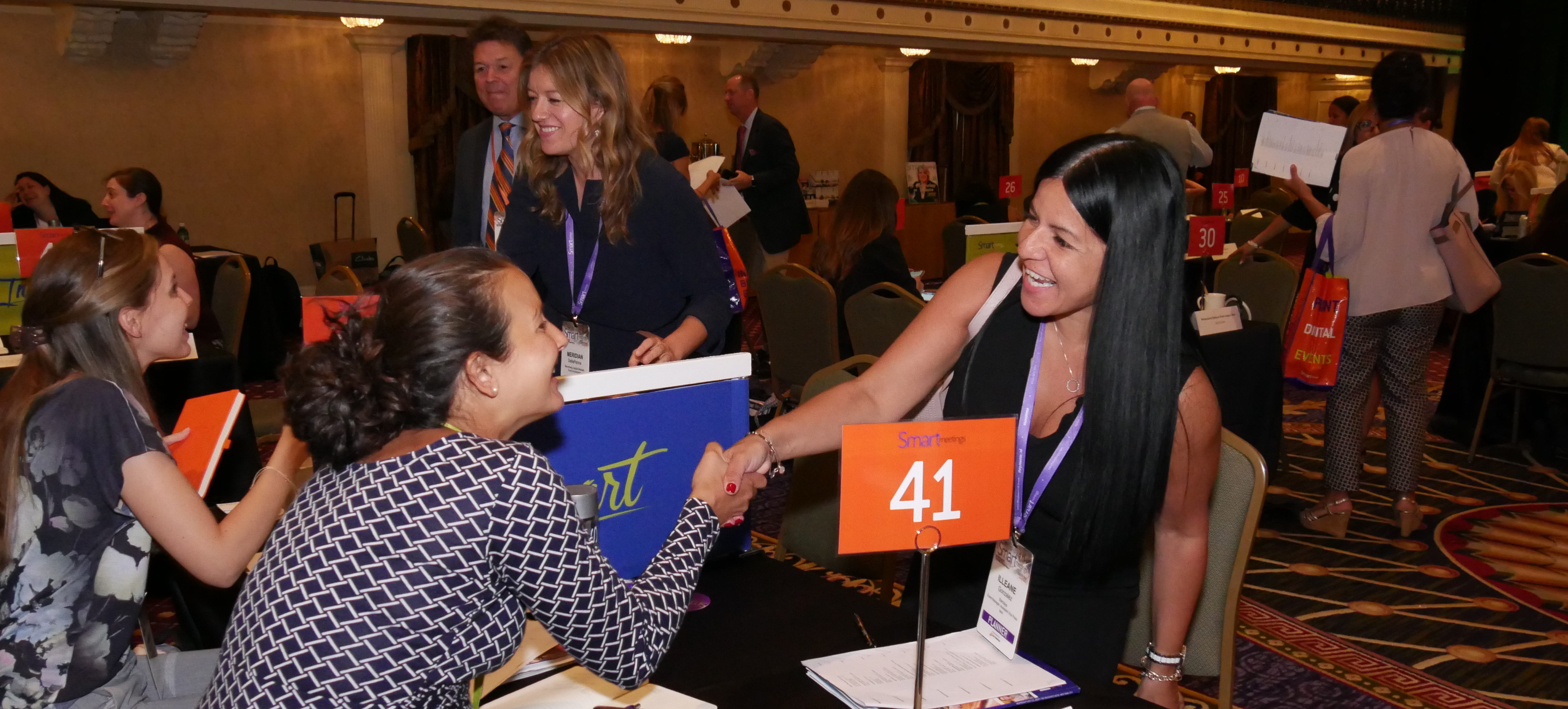
There are three protection zones: the peak zone, which begins at the head and ends at the shoulders; the power zone, from the shoulders to the hips; and the pleasure zone, from the hips to the feet.
These are points of vulnerability. Peak protection zone behaviors such as, touching your hair, playing with your ear or touching the small dimple where your neck meets your collar bone, indicates feelings of vulnerability. There are several signs from the power zone that reveals a person’s nervousness, such as playing with something or playing with their fingers; a subtle facing away from the person being engaged with may reveal that one is no longer interested in the conversation. Facing away your feet reveal the same thing. “Foot tapping and leg shaking all sends a message,” Cobb said.
What Does it all Mean?

Yeah, yeah, but how does this help me in my career and personal life, you ask. Cobb said that understanding body language will not only make your career and personal relationships better but “[it’ll] increase your bottom line tremendously.”
In 2013, the Carnegie Institute of Technology conducted a study about behaviors that make people successful. What they found was that 80 percent based on communication, navigation and negotiation. Soft people skills, as Cobb called them. Factors such as your alma mater, your degree, where you live and time on the job aren’t as important as your ability to communicate effectively with your body.
Near the end of her keynote, Cobb urged her audience—as they go about their day—to not only pay attention to what people are telling them, but also to what their body is telling them. “You will enrich your understanding of people and you will enrich your relationships when you focus not only on their words but on their body language,” she said.
